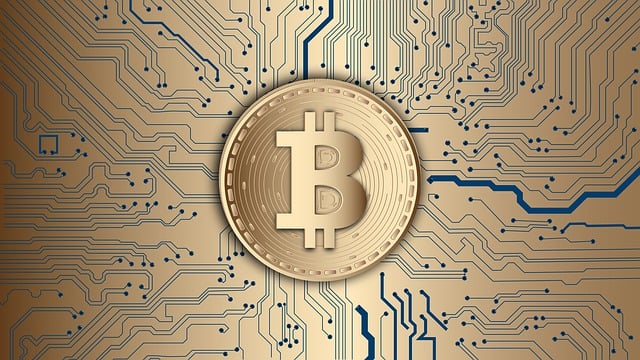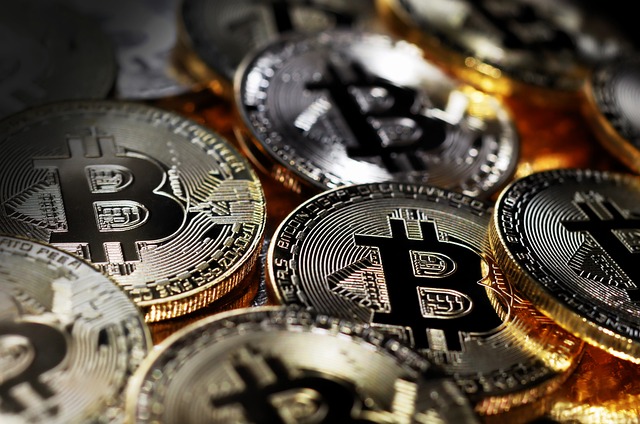Cardano's tokenomics, centered around decentralized governance and Proof-of-Stake consensus, aims to revolutionize global banking by combining academic research with blockchain technology. Through on-chain governance, Cardano democratizes financial decision-making, fostering inclusivity among stakeholders and disrupting traditional banking structures for more equitable access worldwide. Its energy-efficient Proof-of-Stake system reduces environmental impact, enhances scalability, and strengthens network resilience, positioning Cardano as a leading force in shaping the future of digital currencies and global financial systems.
Cardano’s ADA tokenomics present a compelling story of decentralized governance, robust security, and innovative utility. This article delves into the core components shaping Cardano’s unique approach. We explore its groundbreaking decentralized governance model, leveraging Proof-of-Stake for enhanced security. Smart contract security is scrutinized through rigorous audit processes, ensuring trust.
Beyond governance, we analyze ADA’s token distribution, supply dynamics, and diverse use cases. Additionally, we assess the token’s impact on global banking systems, highlighting opportunities for disruption and challenges in traditional models, integration of blockchain, regulatory considerations, and cross-border transactions.
- Decentralized Governance and Security in Cardano's Tokenomics
- – Overview of decentralized governance models
- – Proof-of-Stake (PoS) consensus mechanism and its advantages
Decentralized Governance and Security in Cardano's Tokenomics

Cardano’s tokenomics places a strong emphasis on decentralized governance and security, which significantly impacts the potential transformation of global banking systems. The platform leverages a unique combination of academic research and blockchain technology to create a robust and secure network. Through its Proof-of-Stake (PoS) consensus mechanism, Cardano ensures that power is distributed among its community of stakeholders, fostering a democratic decision-making process. This approach contrasts with traditional centralized systems, offering a more transparent and resilient infrastructure for financial transactions.
Moreover, Cardano’s focus on security is evident in its rigorous testing and peer-reviewed protocols. The platform undergoes extensive audits to identify and mitigate potential vulnerabilities, ensuring the integrity of its network and user assets. This proactive stance on security enhances the confidence of users and investors alike, positioning Cardano as a formidable competitor in the blockchain space with the potential to disrupt and improve existing global banking systems.
– Overview of decentralized governance models

Decentralized governance models have emerged as a revolutionary concept in the world of finance, challenging the traditional centralized banking systems. These models, underpinned by blockchain technology, offer a new approach to managing and controlling financial institutions. Cardano’s ADA tokenomics takes center stage in this evolution, leveraging on-chain governance to create a more democratic and transparent ecosystem.
In light of the above, the impact on global banking systems is profound. Decentralized governance enables participants to have a direct say in decision-making processes, eliminating the need for intermediaries. This not only enhances efficiency but also fosters inclusivity, as various stakeholders can contribute to shaping the future of finance. As a result, traditional banking structures are disrupted, paving the way for more equitable and accessible financial services worldwide.
– Proof-of-Stake (PoS) consensus mechanism and its advantages

Cardano’s adoption of Proof-of-Stake (PoS) as its consensus mechanism offers a compelling alternative to traditional Proof-of-Work (PoW) systems. PoS has gained significant traction due to its energy efficiency, addressing the environmental concerns associated with cryptocurrency mining. By relying on validators staking their ADA tokens to secure the network, Cardano aims to revolutionize global banking systems by reducing energy consumption and carbon footprint.
This shift from PoW to PoS provides several advantages. It enhances scalability, allowing for faster transaction confirmations without compromising security. PoS also promotes a more decentralized network as it encourages broader participation among validators, potentially leading to increased network resilience and reduced centralization risks. These benefits position Cardano as a forward-thinking blockchain with the potential to shape the future of digital currencies and impact global banking systems in positive ways.
Cardano’s tokenomics, driven by its innovative Proof-of-Stake consensus mechanism, promises a significant impact on global banking systems through enhanced security and decentralized governance. By leveraging a community-driven approach, Cardano aims to create a more equitable and transparent financial landscape. The article has explored how this model addresses key challenges in traditional banking, positioning Cardano as a potential game-changer in the industry.
